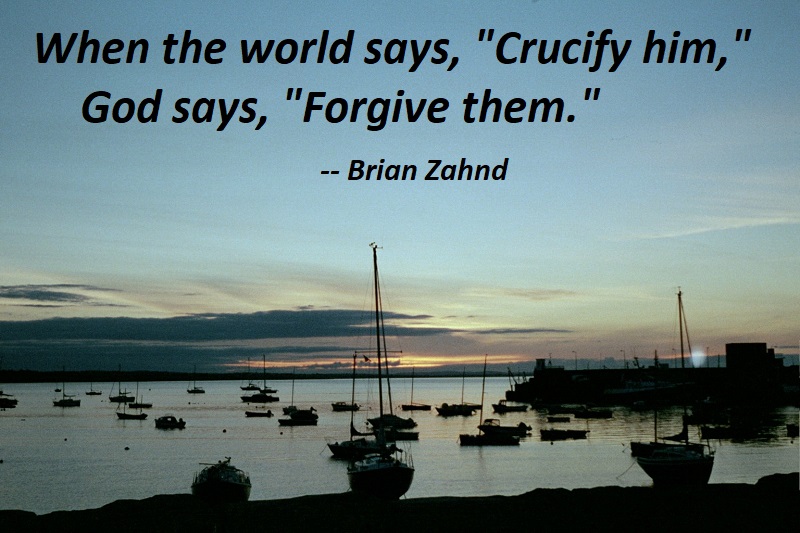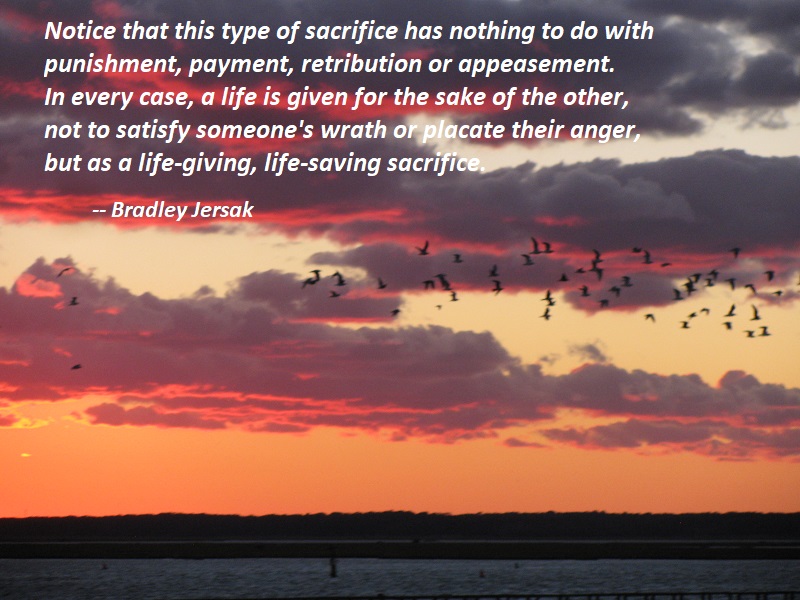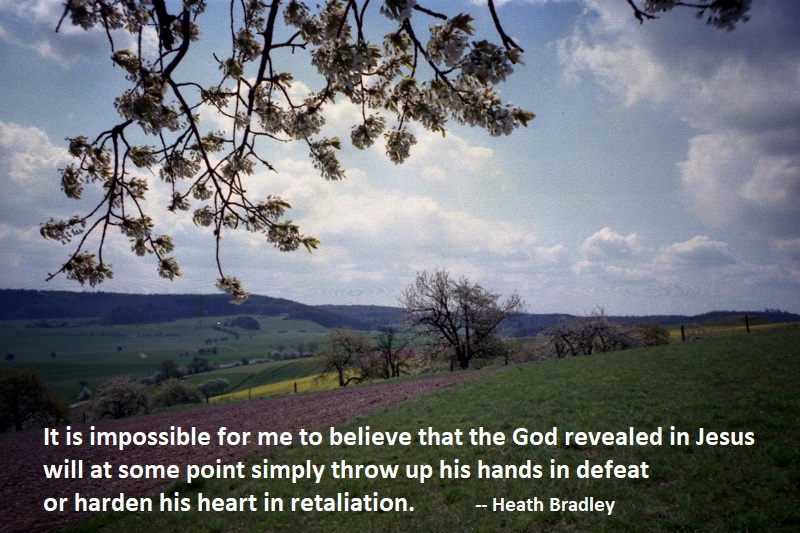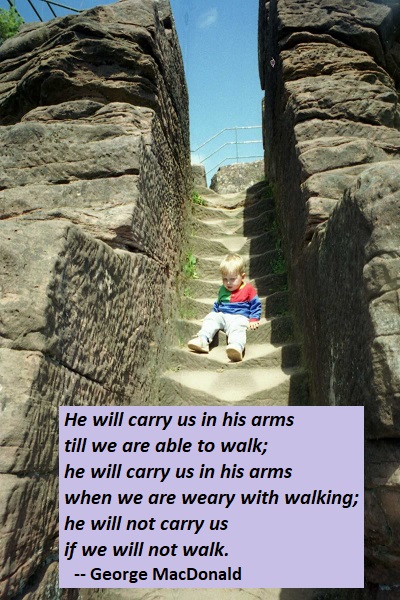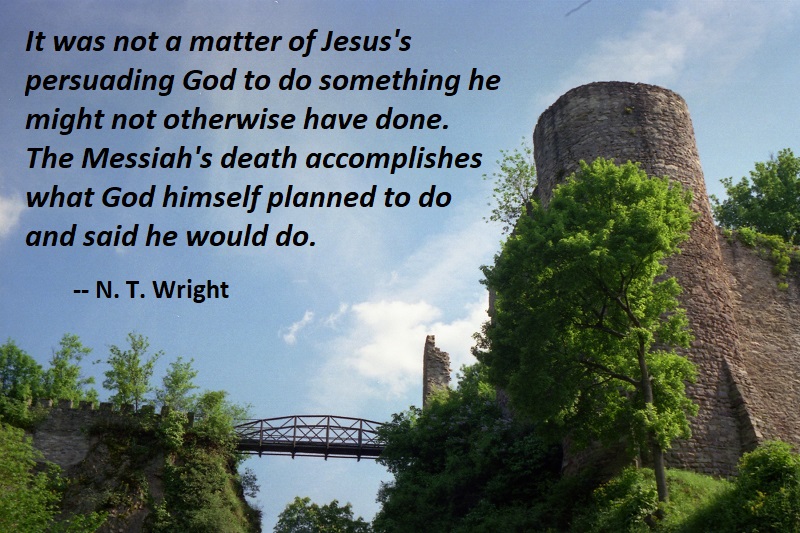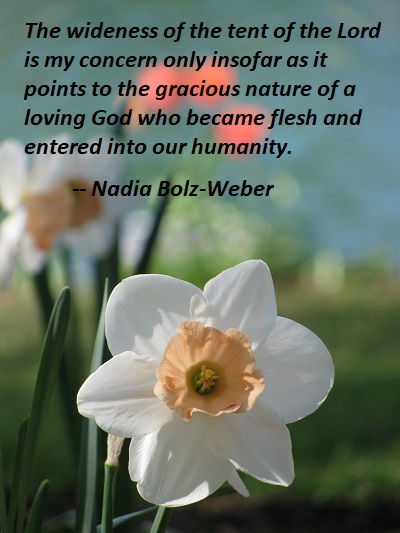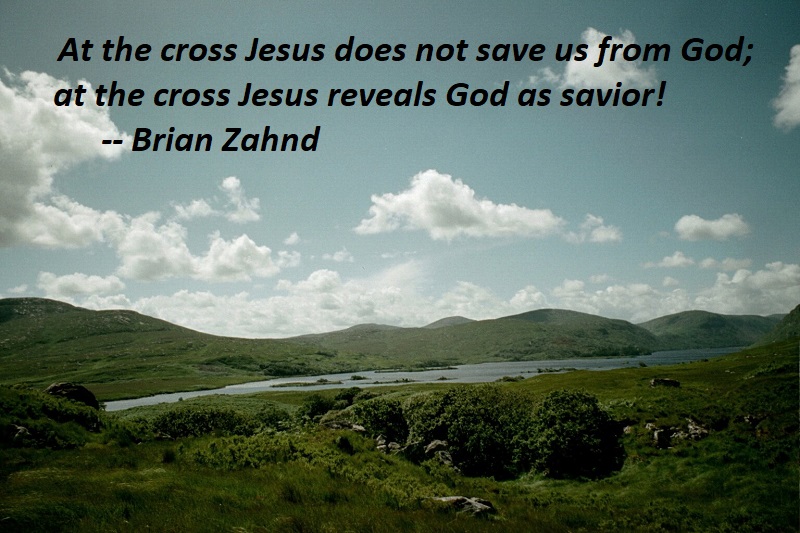Being Reconciled to God – Not the Other Way Around
Think about Good Friday. Where do we find God during the suffering of Christ? Do we find God in the high priest Caiaphas demanding a sacrificial scapegoat? Do we find God in Pontius Pilate requiring a punitive death to satisfy imperial justice? No! On Good Friday we find God in Christ absorbing the sin of the world and responding with forgiveness. The cross is where God receives the most vicious blow of human sin, turns the other cheek, and forgives. The apostle Paul tells us that “in Christ God was reconciling the world to himself.” This should not be misunderstood as God reconciling himself to the world. It wasn’t God who was alienated toward the world; it was the world that was alienated toward God. Jesus didn’t die on the cross to change God’s mind about us; Jesus died on the cross to change our minds about God! It wasn’t God who required the death of Jesus; it was humanity that cried, “Crucify him! Crucify him!” When the world says, “Crucify him,” God says, “Forgive them.”
— Brian Zahnd, Sinners in the Hands of a Loving God, p. 85
[Photo: Skerries, Ireland, July 2001]
